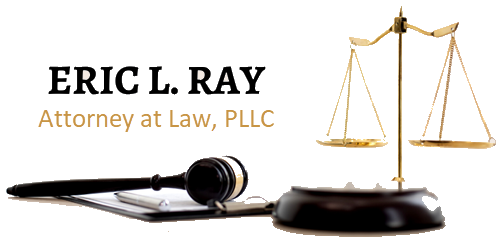Chances are you have heard about or watched portions of the recent trial of Darrell Brooks, who was convicted of killing six people and injuring numerous others when he drove his vehicle into a Waukesha, Wisconsin Christmas parade in 2021. Mr. Brooks, who represented himself, told the Judge that he has the right to tell the Jury they could nullify laws.[1]
This case is proof of Abraham Lincoln’s famous adage that “he who serves as his own counsel (lawyer) has a fool for a client.” I want to be clear that what Mr. Brooks did on that awful night in November, 2021 was heinous and disgusting. He deserves to spend the rest of his life in jail.
However, in representing himself, he did raise a legal issue that is worth discussing: Should criminal defense lawyers be permitted to tell a jury that they have the authority to nullify a law?
First, let’s look at an extreme (and hypothetical) example: Let’s pretend the legislature changed the law to state that anyone convicted of exceeding the speed limit by 30 miles per hour would be punished with life in jail. A day after the law is changed, John Smith is pulled over for driving 86 mph in a 55 zone. At his trial, the defense admits that Mr. Smith violated the law, because it was clear how fast he was driving. I think most of us would want the Jury to find Mr. Smith not guilty, because the punishment does not match the crime. However, the defense is not allowed to tell the Jury they can do that. The Jury is only told that if the facts are proven beyond a reasonable doubt, they must find the defendant guilty. Now, that was an extreme example, so let’s use a more realistic example.
In Kentucky, some prior felonies can be used to enhance your penalty range for a new felony. For example, if someone steals an item that is valued at more than $1,000.00, they will be charged with Felony Theft by Unlawful Taking. That crime normally carries a penalty range of one to five years – unless the person has two qualifying prior felonies. In that case, the penalty range rises to 10 to 20 years. If the jury determines the two prior felonies do not meet the requirements for enhancement, the penalty goes back down to one to five years. The question is, “should the jury be told that they can choose to reject the two prior felonies” not because they don’t meet legal requirements, but instead because the resulting punishment will be too high?
A defendant in Kentucky has argued that a jury should be told that they can nullify this enhancement, but the Kentucky Court of Appeals disagreed. The Court stated, “Thus, the court cannot instruct the jury that it has a right to find the defendant not guilty even though the evidence proves his guilt beyond a reasonable doubt.”[2]
The legal principle behind this ruling is that it is state legislators who determine our laws and punishments – not the courts, not juries, not prosecutors, and not the “regular” folks like you and me. Therefore, the jury’s only job is to decide if enough facts have been presented to satisfy the law’s definition of the crime. The question becomes, “should the jury be told they can override the legislature, even if the facts match the crime but the penalty seems excessive?” I expect that the Courts and legislature will continue to say, no.
[1] https://www.cbs58.com/news/legal-expert-weighs-in-on-closing-arguments-as-brooks-case-heads-to-jury-deliberations
[2] Johnson v. Commonwealth, No. 2020-CA-0599-MR, 2021 Ky. App. LEXIS 85, at *12 (Ct. App. July 16, 2021)

Recent Comments